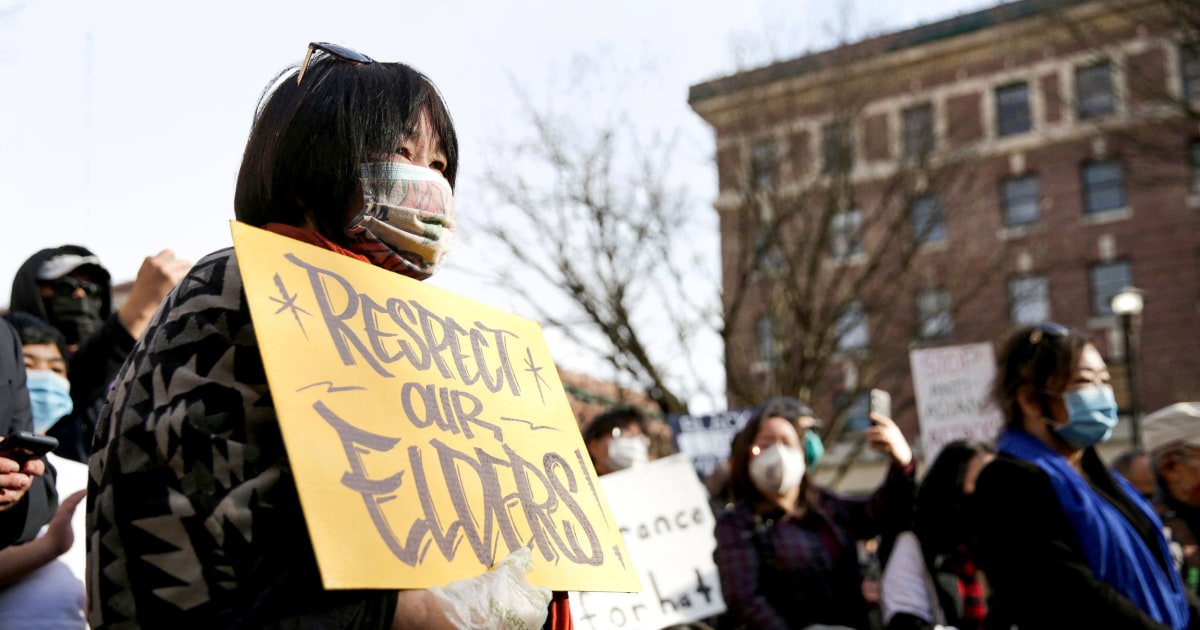La Picadora: A Case Study in Cuban Agroecotourism
International Journal of Cuban Studies2021
Agroecotourism is growing worldwide, with a Latin American focus on both cultural and environmental sustainability. In this case study, the authors immersed themselves in the seven-year-old agroecotourism venture of La picadora, living among neighbours and conducting formal interviews with 14 persons to learn about agricultural practices, hosting approaches, and the effects of tourism on life at La picadora. Results showed a community practising and committed to sustainable use of land and human resources, and revealed agricultural practices typical of broader Cuba.
View more
African American Heritage Trail
Office of Historic Alexandria2020
Even before the founding of the City of Alexandria in 1749, Africans and their descendants, enslaved and free, have lived and worked along the waterfront, making significant contributions to the local economy and culture. In the 1820s, Alexandria became home to the largest domestic slave trading firm, which profited from the sale and trafficking of enslaved African Americans from the Chesapeake to the Deep South. The Civil War revolutionized social and economic relations, and newly freed African Americans found new job opportunities as a result of the waterfront’s industrialization.
View more
A Chinese Slave in Alexandria? Melissa Ann Hussey’s Eclectic Trousseau
Alexandria Chronicle2018
In 1857, Captain Samuel Bancroft Hussey purchased a three-story, red brick house (then standing at 617 South Washington Street) as a wedding gift for his only daughter, Melissa Ann Hussey, and her bridegroom, Robert Lewis Wood. The home had been vacant since 1853, when its builder, Reuben Roberts, had died and his widow moved to New Jersey. After a society wedding in New York, the couple returned to Alexandria to live in the home, located on the edge of town. Gay Montague Moore’s bicentennial history of Alexandria, Seaport in Virginia, profiles the Hussey property, including fascinating information about the objects that the bride brought with her from her travels abroad. Moore noted that Melissa Ann had “cages of cockatoos, parakeets, parrots, … a chimpanzee, and a small Chinese slave boy, bought by her father from one of the innumerable sampans in the harbor of Canton.
View more
Asians and Asian Americans and the Performing Arts Prior to World War II
Oxford Research Encyclopedia of Literature2018
Performers of Asian ancestry worked in a variety of venues and media as part of the American entertainment industry in the 19th and early 20th centuries. Some sang Tin Pan Alley numbers, while others performed light operatic works. Dancers appeared on the vaudeville stage, periodically in elaborate ensembles, while acrobats from China, India, and Japan wowed similar audiences. Asian immigrants also played musical instruments at community events. Finally, a small group lectured professionally on the Chautauqua Circuit.
View more
Immigration Restrictions and International Education: Early Tensions in the Pacific Northwest, 1890s-1910s
History of Education Quarterly2018
This essay explores the experiences and debates surrounding preparatory schools for Chinese students in the United States at the turn of the twentieth century. These institutions attempted to expand educational opportunities for poorer Chinese students who might otherwise not have had a chance to go to school; however, most of these children also had families in the United States, who supported their children's education but also needed their children to work to sustain their families.
View more
Recruited, Excluded, and (Sort of) Included: the Asian American Experience Seen through Short Films
Arlington County Teachers Workshop with 1882 Foundation and funded by the Virginia Foundation for the Humanities2017
The Alexandria YWCA, Race, and Urban (and Ethnic) Revival: The Scottish Christmas Walk, 1960s–1970s
Journal of American Ethnic History2016
Journal of American Ethnic History addresses various aspects of American immigration and ethnic history, including background of emigration, ethnic and racial groups, Native Americans, immigration policies, and the processes of acculturation. Each issue contains articles, review essays and single book reviews.
View more
The African American Housing Crisis in Alexandria, Virginia, 1930s-1960s
Virginia Magazine of History and Biography2016
This article explores housing segregation in mid-twentieth-century Alexandria and the ways in which leaders used public policy to reconfigure local neighborhoods and promote the city as an ideal, white middle-class community. Starting in the late 1930s, it became apparent that African American residents had few decent housing options in Alexandria thanks to a housing shortage combined with racial segregation.
View more
On a Temporary Basis: Immigration, Labor Unions, and the American Entertainment Industry, 1880s–1930s
Journal of American History2012
This article explores the relationships among immigration law, organized labor, and the constructions of race and nationality in the experiences of foreign entertainers who were trying to enter the United States at the turn of the twentieth century. While entertainers came and went throughout this period, they also faced increasing regulation of their movements in part due to anxieties voiced by unions and nativists.
View more
The Quest for Music’s Origin at the St. Louis World’s Fair: Frances Densmore and the Racialization of Music
American Music2010
In this essay exploring Densmore’s research at the St. Louis World’s Fair we can see how evolutionary racism, American colonialism, and music scholarship intermingled at the beginning of the twentieth century.
View more





